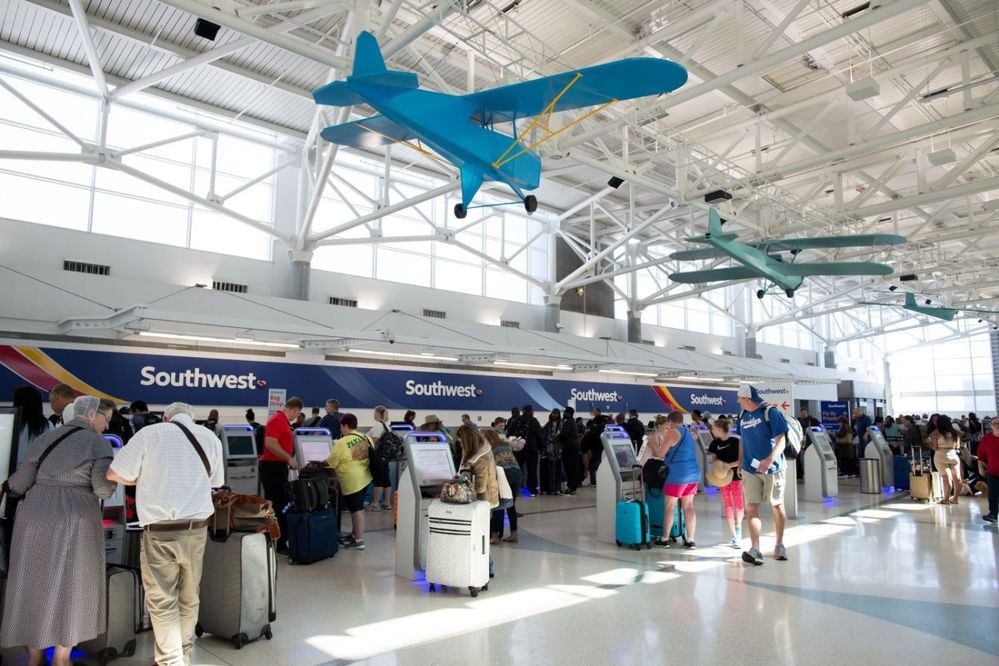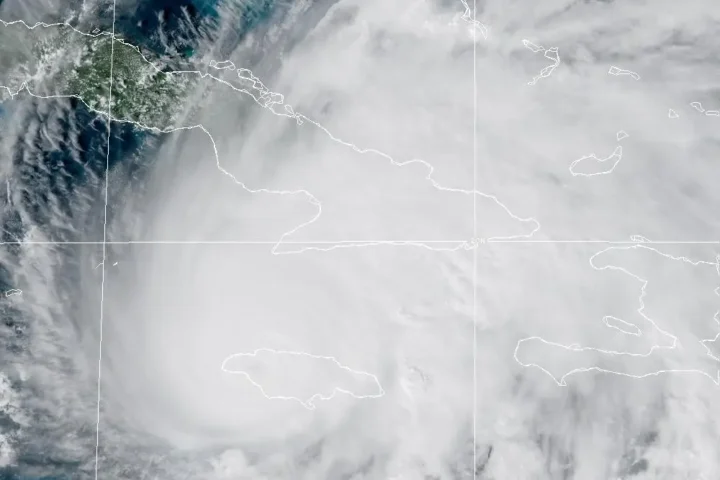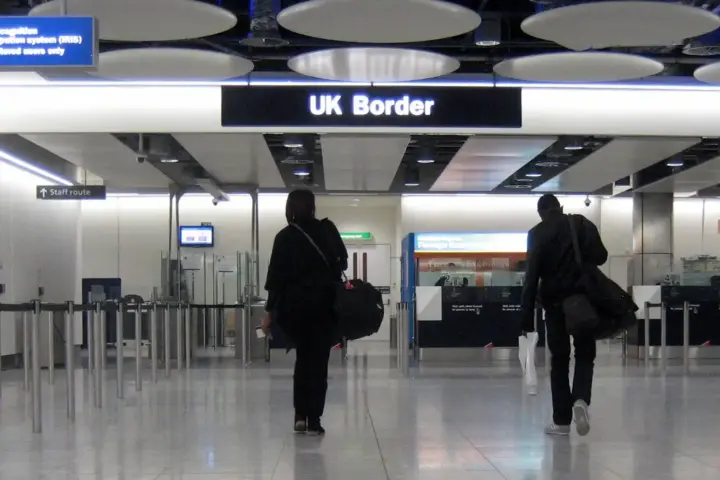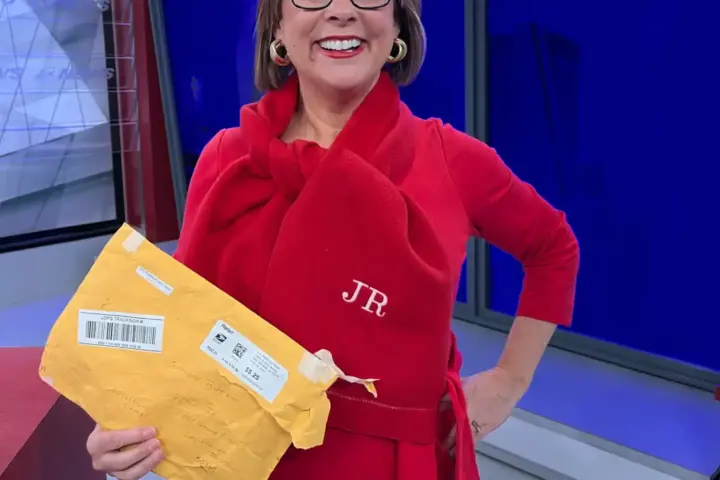Southwest Airlines officially ended its famous “Bags Fly Free” policy on May 28, 2025, marking a major shift for the airline that had proudly offered this perk for over 50 years.
The Dallas-based carrier now charges $35 for the first checked bag and $45 for the second bag on most ticket types. This change affects new bookings made from May 28 onward, as well as existing reservations that are changed on or after this date.
The airline, which reported a $149 million loss in the first quarter of 2025, expects this new policy to generate approximately $1.5 billion in annual revenue. Financial analysts like Sheila Kahyaoglu from Jefferies estimate the fees could add around $430 million to Southwest’s earnings before interest and taxes this year.
“What’s changed is that we’ve come to realize that we need more revenue to cover our costs,” explained Southwest’s Chief Operating Officer Andrew Watterson.
Southwest CEO Bob Jordan has described these changes as necessary steps in the airline’s “transformational plan” to become “leaner, faster, and more agile” and to “return to the levels of profitability” expected by the company and its shareholders.
Who still gets free bags?
Not everyone will have to pay for checked bags. Southwest has created exceptions for certain travelers:
- Business Select fare passengers: Two free checked bags
- Rapid Rewards A-List Preferred members: Two free checked bags (plus up to eight additional passengers on the same reservation)
- Rapid Rewards A-List members: First checked bag free (plus up to eight additional passengers)
- Rapid Rewards credit card holders: First checked bag free (when the account number is included at booking)
- Active-duty military: Two free checked bags
For passengers with bookings made before May 28, 2025, the old “Bags Fly Free” policy will still apply.
Similar Posts
More changes coming
The baggage fees are just one part of Southwest’s broader strategy to boost revenue and match industry practices. Other significant changes include:
- Assigned seating: Starting in 2026, Southwest will abandon its famous open seating policy, allowing passengers to select specific seats. This includes new fare options with extra legroom at additional costs.
- Flight credit expiration: Credits issued on or after May 28, 2025, will now expire. Basic fare credits will expire after six months, while other fare types will expire after twelve months.
- New “Basic” fare: A lower-priced option replacing the “Wanna Get Away” fares, with more restrictions and fewer Rapid Rewards points.
- Portable charger rule: Charging devices must now be visible during use on flights and cannot be stored in bags or overhead bins.
Market reaction
Despite customer disappointment, Southwest’s stock rose 5.5% following the announcement of the new fees. However, some financial institutions have expressed concern about the long-term impact of these changes.
Fitch Ratings issued a “Negative Outlook” for Southwest in April 2025, noting that while the changes aim to improve profitability, they “risk eroding Southwest’s competitive strengths relative to peers.”
Many loyal Southwest customers have expressed disappointment on social media, with common sentiments that the airline is “losing its unique identity” and becoming “just another airline.”
With these changes, Southwest joins every other major U.S. airline in charging for checked bags. The airline industry collected over $7 billion in baggage fees in 2024, highlighting how important this revenue stream has become for carriers.

In response to Southwest’s policy change, competitor Frontier Airlines announced in March that it would offer free checked bags on select summer flights, attempting to attract customers who valued Southwest’s former policy.
As Southwest implements these significant changes, the question remains whether the financial gains will outweigh any potential loss in customer loyalty that was built on the airline’s distinctive perks.

















